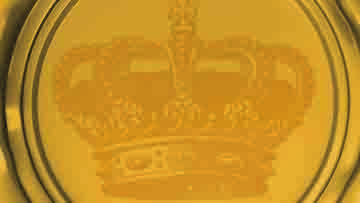You have free articles remaining this month.
Subscribe to the RP Witness for full access to new articles and the complete archives.
The nation of Iraq invades the nation of Kuwait; the world responds and restores Kuwait’s sovereignty. Nazi Germany invades Europe and North Africa; the world responds and restores the invaded countries.
War is ugly, but there was some clarity to those wars. I grew up thinking of nations with clearly defined borders. When that is the case, aggression is easy to spot.
Sept. 11, 2001, demonstrated that a powerful enemy does not need clearly defined political boundaries. And the wars in the Middle East show that there are different kinds of borders. Some are geographical, some are ethnic, some are religious, some are ideological.
You could say, then, that there are different types of nations, different types of kingdoms. Two-dimensional maps are convenient, but reality betrays three dimensions, with layers of different kingdoms showing up within the same borders.
Even within a somewhat well-defined kingdom like the religion of Islam, there can be “a modern battle for the soul of Islam” (CNN), waged both on the battlefield and in people’s minds. Some of us talk about a battle for the soul of America or a battle for true Christianity.
Perhaps it is easier, in today’s world, to see the need for a truly good kingdom and a truly great king than it was when I was a child. I grew up thinking of kings and kingdoms as existing somewhere else. I understood the Bible’s teaching about unseen powers and kingdoms, but I didn’t see those truths having as much impact on current national and world events. Some things in the world have changed, and at the same time I’ve matured. Now I see kingdoms swirling about me, when I’m walking down a city street or watching the news.
Though I live in a country that has never had a king, never wanted a king, I now see the urgent need for a king. How that King will change this world in the near future I do not know; but I know that He will change it. As we move into such discussions, a dusty classic like Messiah the Prince suddenly becomes a important primer for the church. How do we live in a world with so many kingdoms on so many levels, all influencing things simultaneously?
In a way, writer J.K. Wall has done with Messiah the Prince what J.G. Vos did with Geerhardus Vos’s teachings (p. 15). Through excellent communication skills he has taken the wisdom of past ages and put it in language that today’s teenager can understand (see p. 6). As today’s youth grow up in a world of multi-layered kingdoms, it becomes easier to see the need for a good kingdom and a good King. We need that King; we need that kingdom; and we want to know how to act as citizens of that kingdom in a very confused world.
—Drew Gordon
